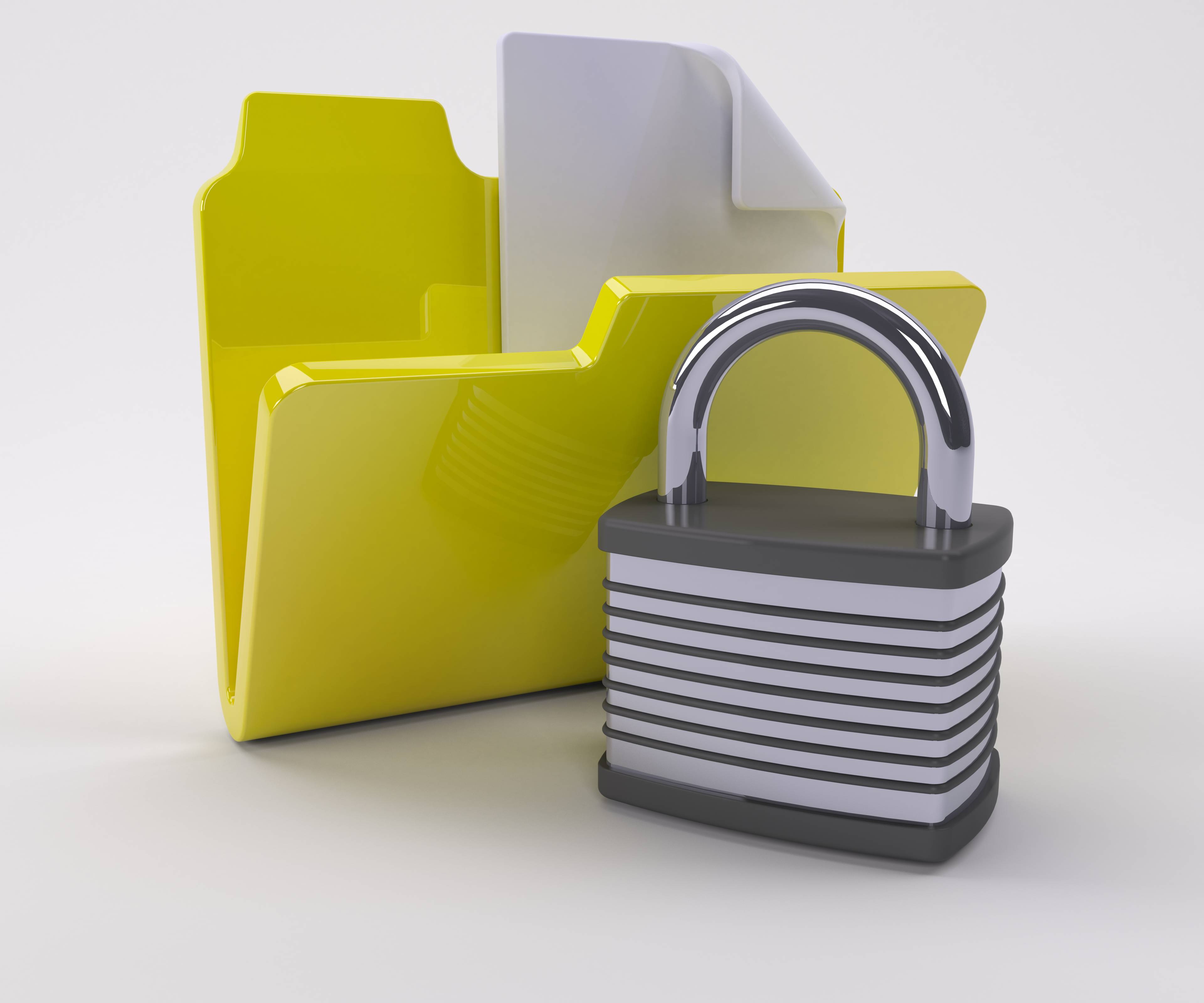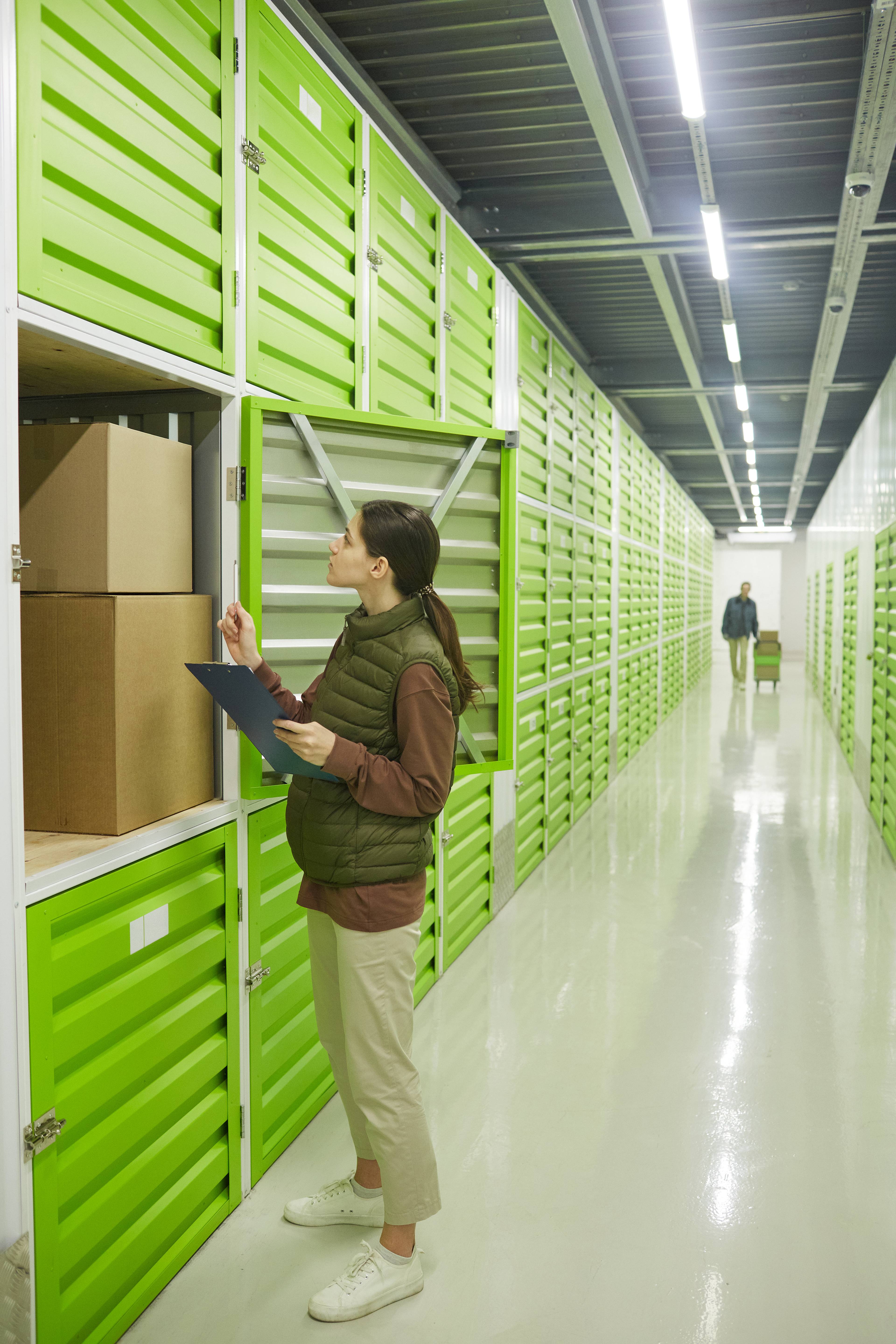What's a storage agreement?
Put simply, a storage agreement (or contract) is a deal between you and a storage facility. It says how long you can rent a self storage unit, how much you pay, when you can go there, and what you're responsible for.
Storage contract key terms

If you're new to self storage, wrapping your head around all the new terms may seem daunting. However, it's important to know these terms so you understand your rights. The most common ones are:
Lessor – The storage facility that owns the space you're renting.
Lessee – That's you! The one renting the unit.
Lease term – The duration of your storage commitment, outlining how long you'll occupy the space.
Rent – The payment you make for the ability to use storage units.
Late fees – The penalties incurred for tardy payments
Access hours – The time you can come and go from your storage unit.
Security deposit – A refundable sum set aside for any unexpected damages.
Go over the contract with a fine toothcomb
Thoroughly reviewing your storage contract is essential. This ensures you understand the Ts & Cs, including payment obligations, late payment policies, and the facility's rights in case of non-payment.
Familiarise yourself with the fine print to avoid surprises. HOLD's pricing is completely transparent (with no unexpected fees) and our team is always ready to help if you have any questions.
What happens if I don't pay my storage fee?
Now we get to the consequences. When you miss a payment on your storage unit, a storage centre usually takes is to limit your access to your belongings. This is the first sign that your account is in arrears.
As time progresses without payment, the situation escalates. When this happens, the storage company might enforce a lien on your stored items. This legal claim means they can hold onto your items until the outstanding debt is settled, a process clearly defined within the lease agreement you signed upon renting the unit.
Let's look into the direct outcomes of missed payments and the legal steps that storage facilities are required to follow.
Lockout and auction

If you continue to miss payments, your storage facility may deny you access to your unit. As a last resort, your items might be sold to recoup the missed payments. The auction process is typically taken to cover the storage costs incurred due to non-payment.
Legal rights and processes
Storage facilities must follow legal guidelines before disposing of or selling your belongings. We can't stress how important it is that you understand your rights. This includes receiving notices and having chances to clear your debt. The facility's actions are governed by UK law, which provides a framework to ensure fair treatment for both the storage provider and the renter.
Preventative steps you can take

To ensure storage bills don't wrack up, consider following the steps below:
Stay in communication with your storage manager
If you think you may be heading toward delayed payments, communicate openly with your storage facility. Most self storage companies prefer to find a mutually beneficial solution rather than resorting to drastic measures.
Whether adjusting your payment plan, discussing options for a smaller unit to lower your storage costs, or even delaying payments, communication is essential. Remember, storage facilities want to work with you to ensure that both parties' needs are met.
So, if you're in financial trouble, contact your facility manager at the earliest opportunity. This may lead to an arrangement that prevents further issues - such as payment plans tailored to your current situation.
Consider downgrading to a smaller unit

Paying for storage space you're not using? If your unit becomes too costly, downsizing to a smaller space can significantly reduce your monthly expenses. Facilities like HOLD are more than happy to help with this transition, so you can meet your payment obligations.
Another option is to think about smart ways to use your home for storage, or any friends or family members who may be willing to store some items for you.
Regularly review your finances

We've all been there. it's easy to lose track of budgeting so you can no longer pay for your storage. Evaluate your finances to identify areas for potential savings that could help you manage storage costs.
Sometimes, a closer look at your budget can reveal adjustments that free up funds for your storage payments. Use a budgeting app to keep your bank balance healthy.
HOLD—Transparent pricing and exceptional service
HOLD is a self storage company with a difference. Our cutting-edge facility is located in the vibrant heart of Kings Cross, and always puts your needs first. This extends to ensuring you're looked after if you're struggling to pay rent.
Our friendly team is committed to keeping you informed and supported, especially in the event of payment difficulties. We're here to work with you to find solutions that ensure your storage needs are met without added stress. Reach out to us today to learn more, or for an exclusive quote.
Frequently Asked Questions
Does a storage unit affect my credit?
Whether a storage unit affects your credit depends largely on the facility's policies and whether they report debts to credit agencies. Typically, unpaid storage fees alone might not affect your credit score unless the storage company escalates the debt for collection.
What happens if you leave items in a storage unit?
Leaving items in a storage unit after your lease has ended can lead to the facility removing and possibly disposing of your belongings if you fail to claim them or settle any outstanding debts. It's crucial to communicate with the storage provider if you intend to leave items behind or are unable to clear the unit.
How secure are Hold's self storage units?
Only you will have access to your unit. Upon registration, you'll receive a unique PIN code granting you access to the site. Additionally, you'll secure your unit with your own padlock. If you need others to access your unit, they can do so with your permission and using your code.
What items cannot be stored in my unit at HOLD?
Some flammable items are prohibited; refer to our Store Protect Addendum for details. Perishable items are not allowed. Illegal goods are prohibited, in line with UK laws.
Does HOLD have climate controlled storage units?
Our whole facility is environmentally stable, dry and secure from the elements - ensuring there are no damp or extreme temperature fluctuations.


